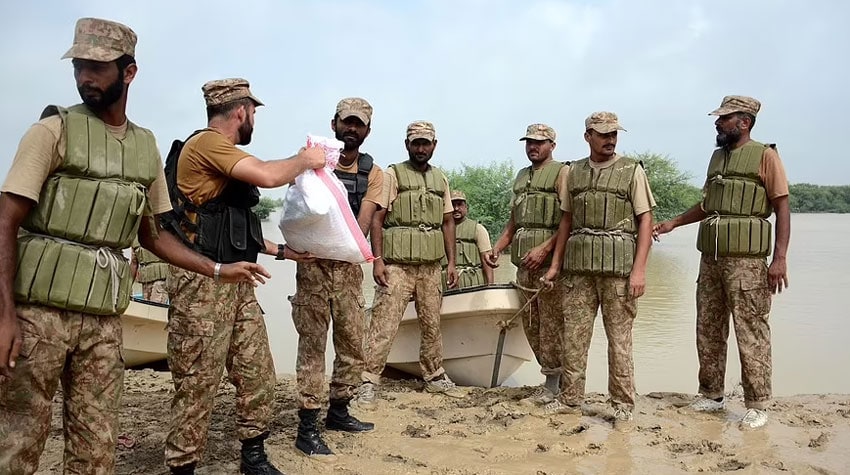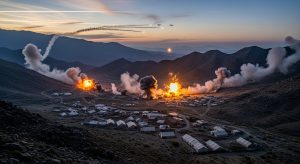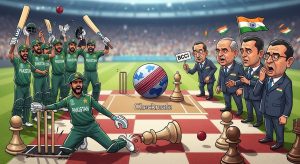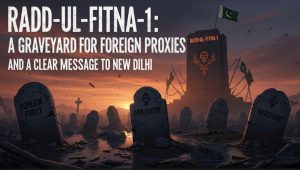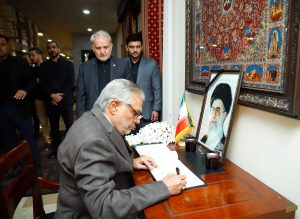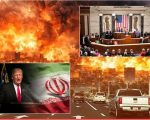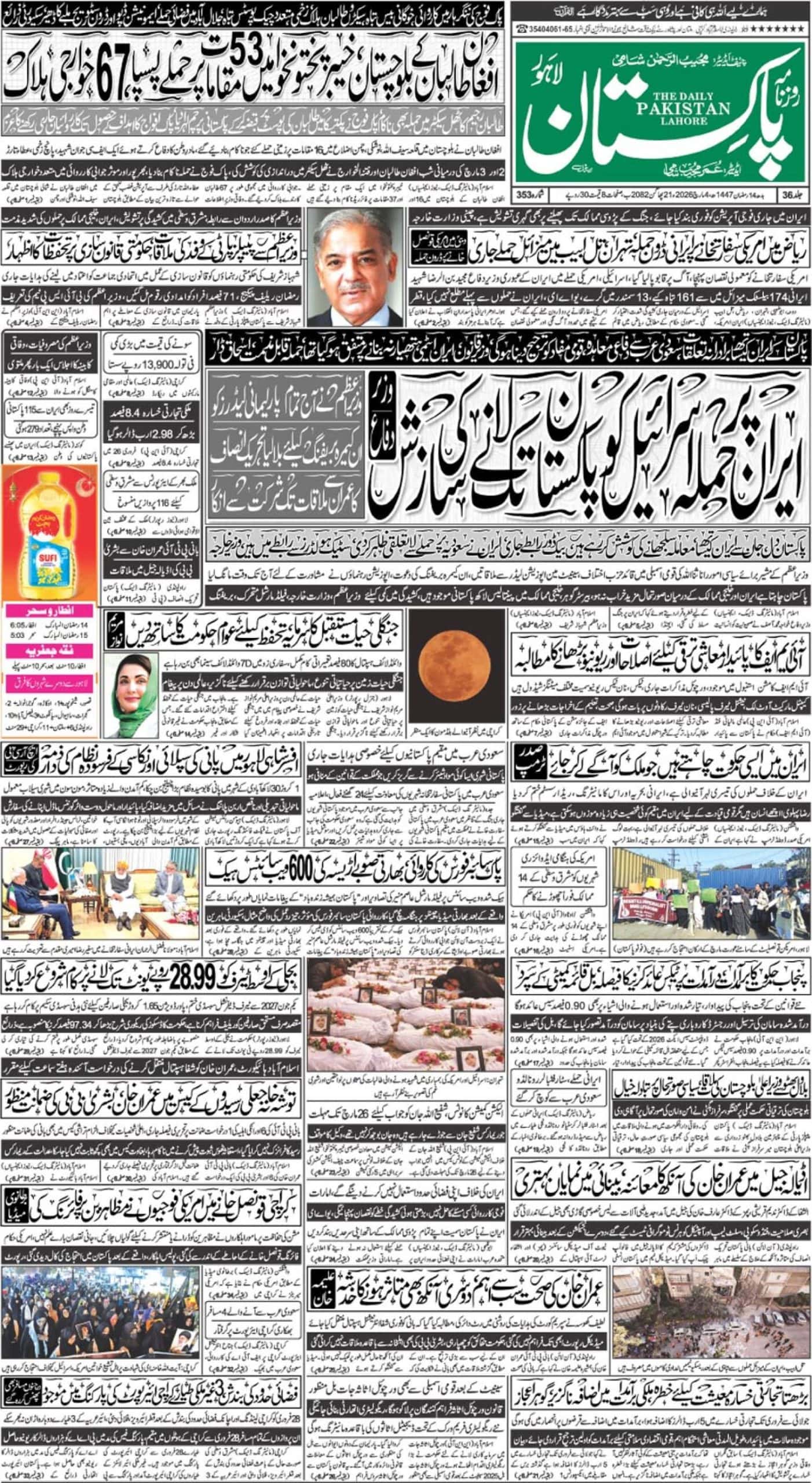Some moments strip a nation down to its barest truths. When the sky weeps without end, and the brown, churning water erases the lines between river and land, our familiar world vanishes. For so many in Punjab, that terrifying moment is now.
And in the space between the roar of the flood and the cries of the stranded, comes the familiar, steady rhythm of salvation: the beat of a helicopter’s blades.
This isn’t about politics or strategy. This is about people. This is about a family huddled on their roof, watching everything they own get swallowed by the deluge, thinking this is the end. And then, a silhouette appears in the sky. Soldiers in uniform, their faces grim with determination, descend to pull them back into the world of the living. For that family, that soldier isn’t a part of an institution; he is a guardian angel.
The hands that pull a child from swirling floodwaters are the same hands that hold a rifle on a lonely, freezing outpost staring down a hostile border. The mind that calculates the precise, delicate manoeuvre of an aerial rescue is the same mind that counters the secret moves of our nation’s enemies. This is the unbelievable truth of the Pakistan Army. They are fighting two entirely different kinds of wars, often in the same week.
One is a public war against the fury of nature. The other is a quiet, relentless shadow war against hidden enemies, the forces of terror who seek to unravel us from within. They are the visible shield against Indian aggression and the invisible sentinels against internal chaos.
It’s strange. In the coffee houses of the capital and the heated debates on our news channels, it’s easy to discuss the military’s role in the abstract. It’s easy to talk theory and politics.
However, reality has a way of clarifying things brutally. When the water is at your door, abstract arguments are a cold comfort. What matters then is not a theory of governance, but a rope from a helicopter. What matters is the calm, steady voice of a soldier telling you that you are going to be okay.
That is why, in these moments, a deep, collective understanding settles over the country. We are reminded of who we are and who we can count on. The debates fall silent, and the arguments seem small, because we see with our own eyes what accurate service looks like.
This is the story Pakistan tells itself in times of trial, a story written not in ink, but in action. That is when all else fails, the bedrock holds. The uniform means something more than just a job; it is a promise. And as we see time and again, whether the threat is from a raging river or a hostile neighbour, it is a promise that is always kept.

